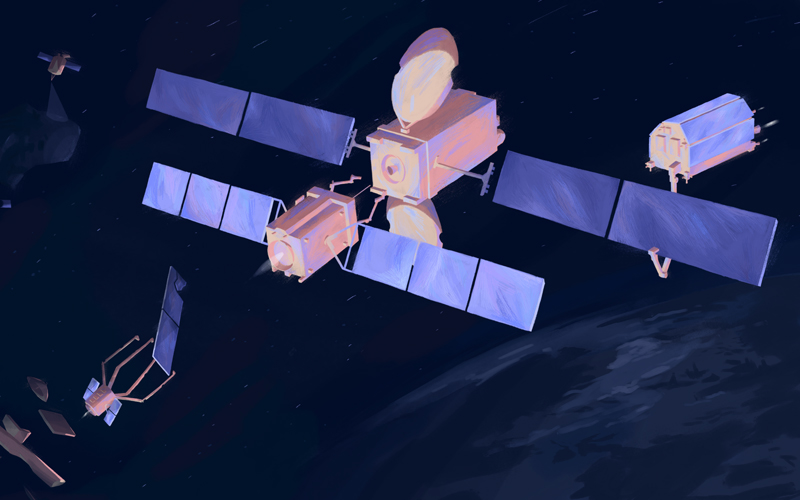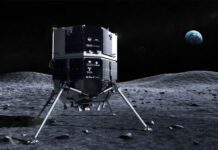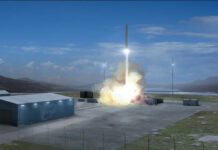
The UK Space Agency has announced plans to make £65 million of funding available for what it refers to as “high-risk, high-reward” projects that could boost the United Kingdom’s leadership in space technologies and applications.
Managed through the National Space Innovation Programme (NSIP), which was founded in 2020, the initiative will be focused on developing new space technologies, satellite applications, and services.
“Investing in these projects not only bolsters the UK’s seat at the table of the global space community, but it unlocks future business and job opportunities that will accelerate the growth of our nation’s £17.5 billion space sector,” explained Minister for Space George Freeman.
An initial £34 million of the total funding was made available today in a first call for proposals. This first call, referred to as Kickstarter Call 1, is open for proposals until 17 November 2023. According to the call, UKSA aims to award 30% of the programme budget on technologies aimed at in-orbit servicing, in-orbit assembly, in-orbit manufacturing, and in-orbit deployment of large structures. Awards for this initial call are expected to be announced in December, with funding per project expected to range from £150,000 to £1 million.
The remaining £31 million will be split across further calls in 2024 and 2025, with projects continuing until March 2027.
NSIP has already provided UK companies and institutions with over £25 million in funding. Projects that the initiative has already funded include the SatVu Middle Wavelength Infra-Red (MWIR) satellite. It was launched in June 2023 and is designed to observe cumulative emissions. The data is then used to offer SatVu customers with data necessary to reduce both emissions and energy use.







